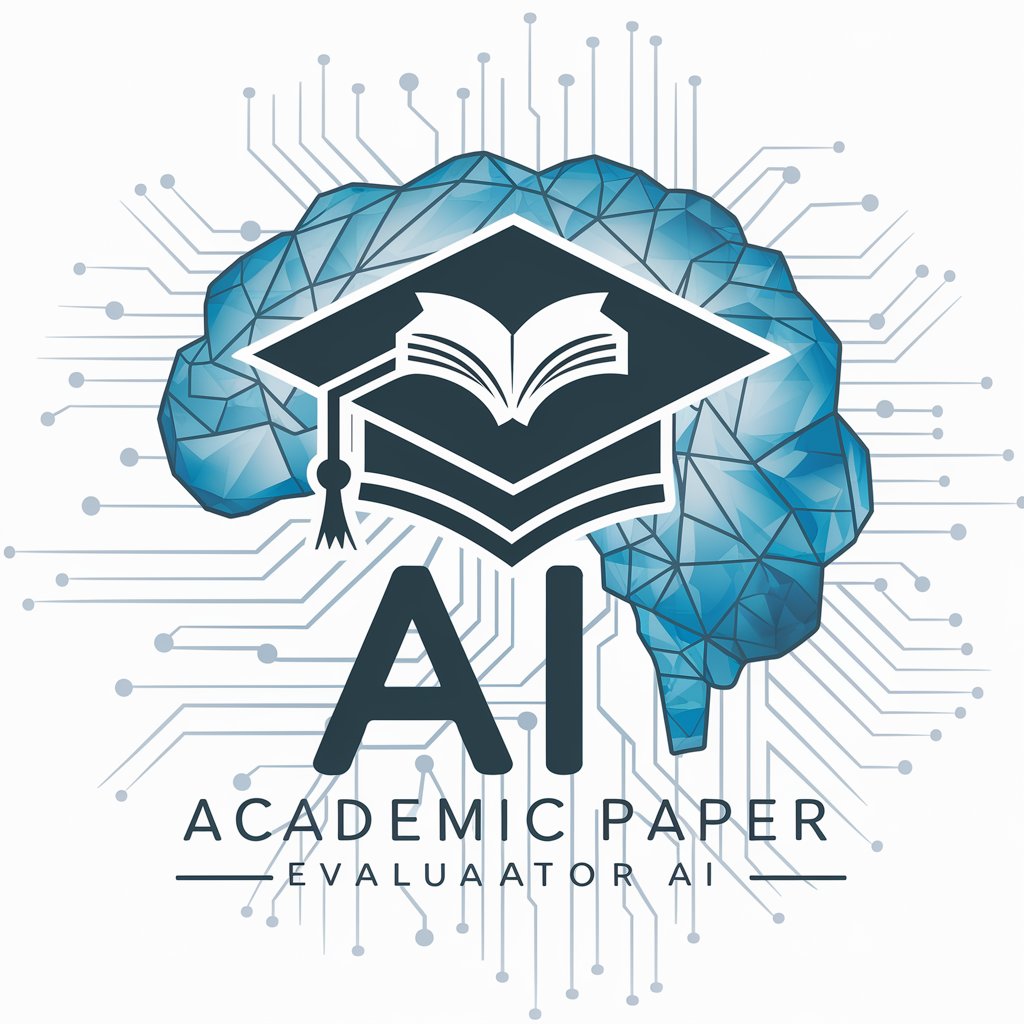
Academic Abstractor - Academic Summarization Tool

Welcome! Let's simplify your research together.
Streamlining academic research with AI.
Summarize the key findings of this academic article:
Provide a concise overview of the main arguments in this paper:
Extract and list the essential ideas from this research study:
Condense the major points and conclusions of this article:
Get Embed Code
Overview of Academic Abstractor
Academic Abstractor is designed as a specialized AI assistant to support university students, academics, and researchers by simplifying the process of understanding and assimilating academic articles. It does this by condensing complex scholarly content into concise, essential bullet points that highlight the core ideas, arguments, and findings of a piece. This tool is particularly adept at processing dense, academic text—whether input directly or uploaded as PDF files—and rendering it into a more digestible form. An example scenario could involve a student overwhelmed by the volume of readings required for a literature review. By summarizing articles into key points, Academic Abstractor enables the student to quickly grasp the essential content and how it relates to their research question, streamlining their study process and aiding in the synthesis of information for their review. Powered by ChatGPT-4o。

Core Functions of Academic Abstractor
Article Summarization
Example
A graduate student uploads a complex journal article on cognitive psychology. Academic Abstractor processes the text to identify and present the main research question, methodology, results, and conclusions in bullet points, facilitating the student's understanding and note-taking.
Scenario
This function is particularly useful for users who need to quickly grasp the essence of an article without getting bogged down by its full complexity and length.
Automatic Citation Generation
Example
After summarizing an article, Academic Abstractor automatically formats a citation in APA 7 style, ready to be included in a bibliography or reference list.
Scenario
This feature saves time for users, ensuring they can accurately cite sources without needing to manually format references, which is especially beneficial when managing multiple sources for research papers or theses.
Target User Groups for Academic Abstractor
University Students
Students often face the challenge of digesting a large volume of academic articles within limited timeframes. Academic Abstractor aids in streamlining their study process by providing quick, digestible summaries and facilitating efficient literature review and research comprehension.
Academics and Researchers
Academics and researchers benefit from the tool's ability to condense articles into key points, allowing them to stay abreast of developments in their field without dedicating extensive time to reading every article in full. This can be particularly useful for identifying research trends, gaps in the literature, and potential areas for further investigation.

How to Use Academic Abstractor
Begin with a Trial
Access yeschat.ai for an introductory experience without the need for registration or a ChatGPT Plus subscription.
Prepare Your Document
Ensure your academic articles are readily available either in text format or as PDF files for uploading.
Input Your Text
Paste the text of the article directly into the chat or upload the PDF file using the provided tool.
Specify Your Request
Clearly indicate you need a concise summary or bullet points of the key concepts, arguments, and findings.
Review and Cite
Once you receive the summary, review the bullet points for accuracy and utilize the automatically generated APA 7 citation for your reference list.
Try other advanced and practical GPTs
Generador de arte
Transforming ideas into visual art through AI.

Ecris tes emails de vente !
Craft winning sales emails with AI

Supra Tuner Pro
Unlock Your Supra's Potential with AI

Info Explorer
Unlock the power of AI for efficient information discovery.

Ecrivain de Livre
Craft Your Story Seamlessly with AI

运维专家
Streamline operations with AI-powered guidance

Title Examiner, Abstractor, and Searcher Assistant
Enhance Your Title Work with AI

Office Lease Abstractor
Simplifying lease abstraction with AI

Editor and Abstractor
Elevate Your Academic Work with AI-Powered Editing

Eloquent Abstractor
AI-Powered Formal Analysis and Summarization

Lease Abstractor
Streamlining Lease Management with AI

Abstractor Pro Max
Effortless Abstracts Powered by AI

Frequently Asked Questions about Academic Abstractor
What types of documents can Academic Abstractor process?
Academic Abstractor can process a wide range of academic articles, from research studies to theoretical papers, provided in text format or as PDF files.
How does the tool generate APA citations?
Upon summarizing the article, the tool automatically formats the essential citation details (author, title, publication year, etc.) into the APA 7 style.
Can Academic Abstractor summarize books or chapters?
While primarily designed for articles, it can also summarize sections or chapters of academic books when provided with the specific text or scanned pages.
Is Academic Abstractor suitable for non-academic content?
Though optimized for academic texts, it can provide summaries for non-academic content, but the automatic APA citation feature is tailored for scholarly articles.
How can I ensure the best results from Academic Abstractor?
For optimal results, provide clear, high-quality scans or text and specify the type of summary you need, such as key points, arguments, or comprehensive overviews.




